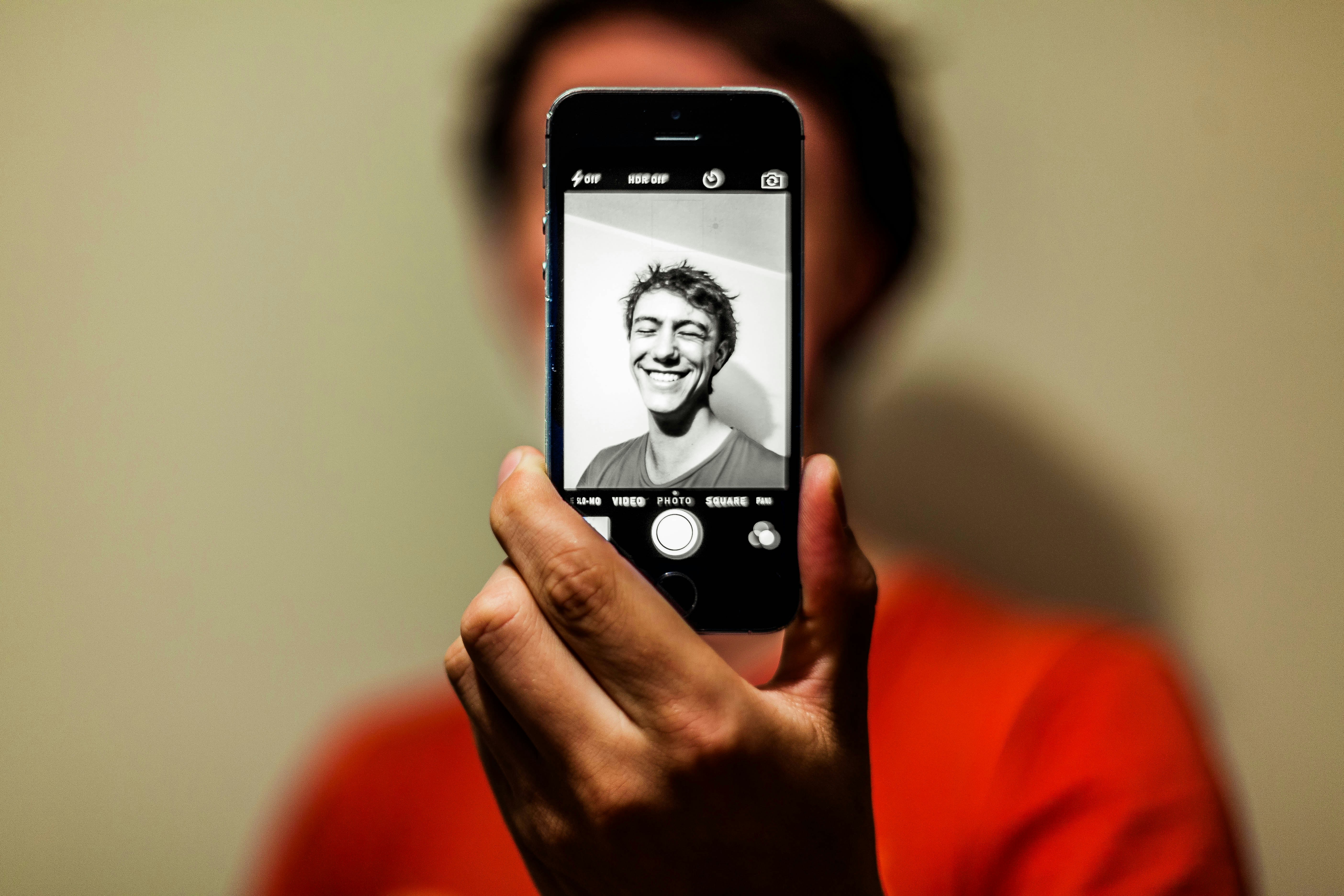News release
From:
The Royal Society
Filter fraud– Beauty may not be in the eye of the beholder when a filter is applied. Participants rated images of 462 individuals and found in 96.1% of cases they were rated more attractive with a beauty filter applied – they were also rated more intelligent and trustworthy. Females were, however, ‘perceived by men as less intelligent after the application of the filter’. The authors warn guidelines on filter use may be needed where they could influence decision making. Royal Society Open Science
What is beautiful is still good: the attractiveness halo effect in the era of beauty filters
Royal Society Open Science
This study explores the under-examined impact of cognitive biases in the digital world by investigating the attractiveness halo effect using AI-based beauty filters. By means of a large-scale online study with 2,748 participants, we find clear evidence of the existence of the attractiveness halo effect. We also study the influence of age, gender, and ethnicity of the stimuli and the raters, and discover a weakening of the halo effect in the beautified condition. Our findings help resolve conflicting literature on the topic yet raise ethical concerns about the use of beauty filters and their potential to mitigate cognitive biases.
Attachments
Note: Not all attachments are visible to the general public.
Research URLs will go live after the embargo ends.

Research
The Royal Society, Web page
The URL will go live after the embargo ends
Journal/
conference:
Royal Society Open Science
Organisation/s:
ELLIS Alicante, Spain
Funder:
A.G. and N.O. are partially supported by a nominal grant received at the ELLIS Unit Alicante Foundation
from the Regional Government of Valencia in Spain (Convenio Singular signed with Generalitat Valenciana,
Conselleria de Innovacion, Industria, Comercio y Turismo, Direccion General de Innovacion), along with grants
from the European Union’s Horizon 2020 research and innovation programme (ELIAS; grant agreement 101120237)
and Intel. A.G. is additionally partially supported by grants from the Banc Sabadell Foundation and the European
Union’s Horizon 2020 research and innovation programme (ELISE; grant agreement 951847). B.L. is partially
supported by the European Union’s Horizon Europe research and innovation programme under grant agreement
no. 101120237 (ELIAS) and by the PNRR project FAIR—Future AI Research (PE00000013), under the NRRP MUR
programme funded by the NextGenerationEU. M.M.-G. is supported by grant CIGE/2022/066 by Generalitat
Valenciana and grant PID2020-118071GB-I00 from the Ministerio de educación y formación profesional. D.F. is
supported by the Ministerio de Ciencia e Innovación y Universidades (Spain) [PID2023-148033OB-C21], and by
grant 2021 SGR 01421 (GRBIO) administrated by the Departament de Recerca i Universitats de la Generalitat de
Catalunya (Spain).



 International
International



